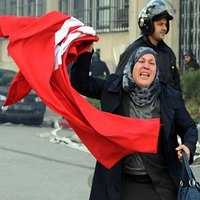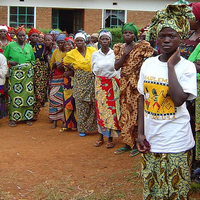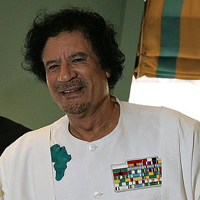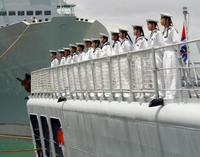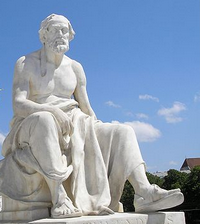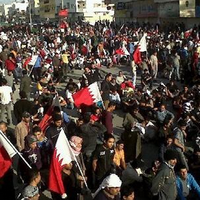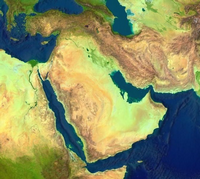
After seven long years, the Indian government has decided that the time has come to once again make its presence felt in Iraq by naming an envoy to the country. The previous ambassador to Iraq was withdrawn in 2004 as the security situation in the country spiraled out of control. Even after the situation in Iraq had stabilized, with largely peaceful elections last year and the U.S. decision to withdraw its forces completely by the end of this year, New Delhi took its time to come to terms with the rapidly changing realities on the ground. After all, when it […]

